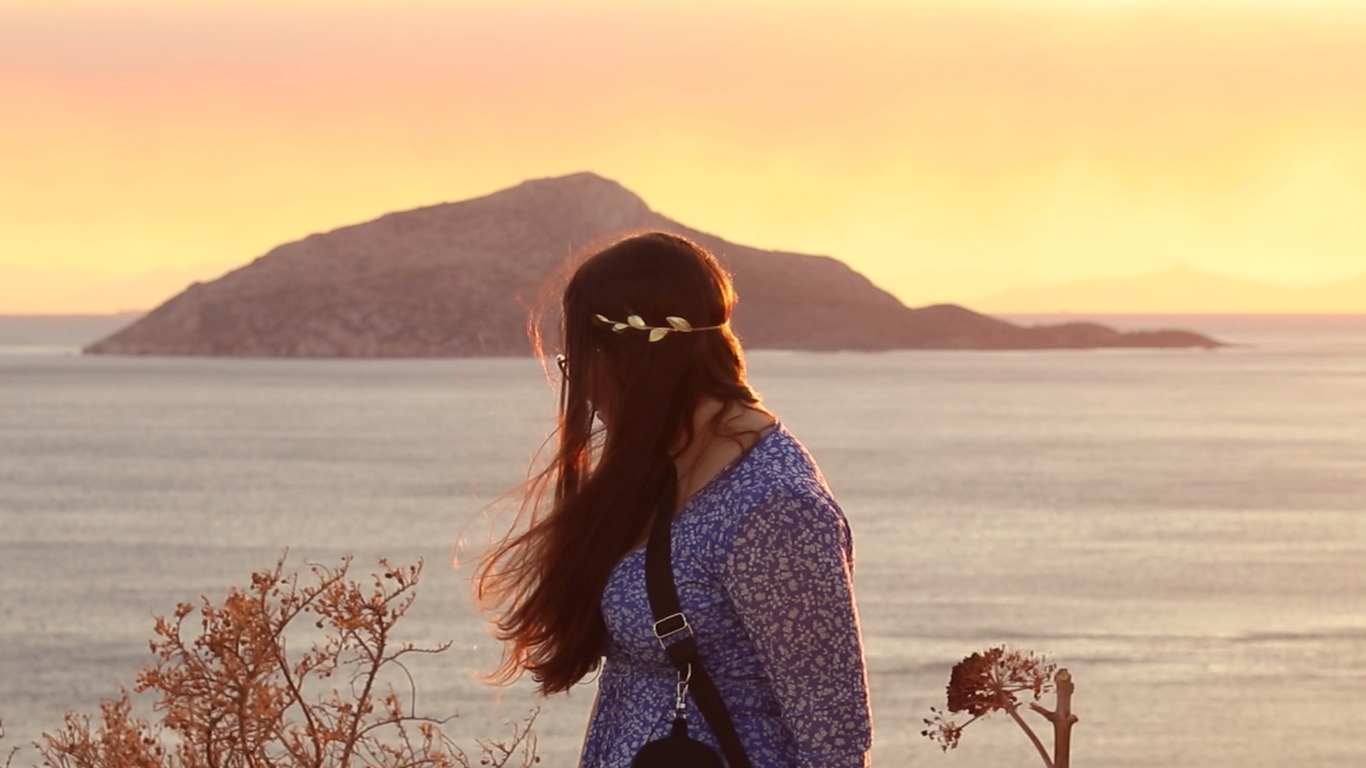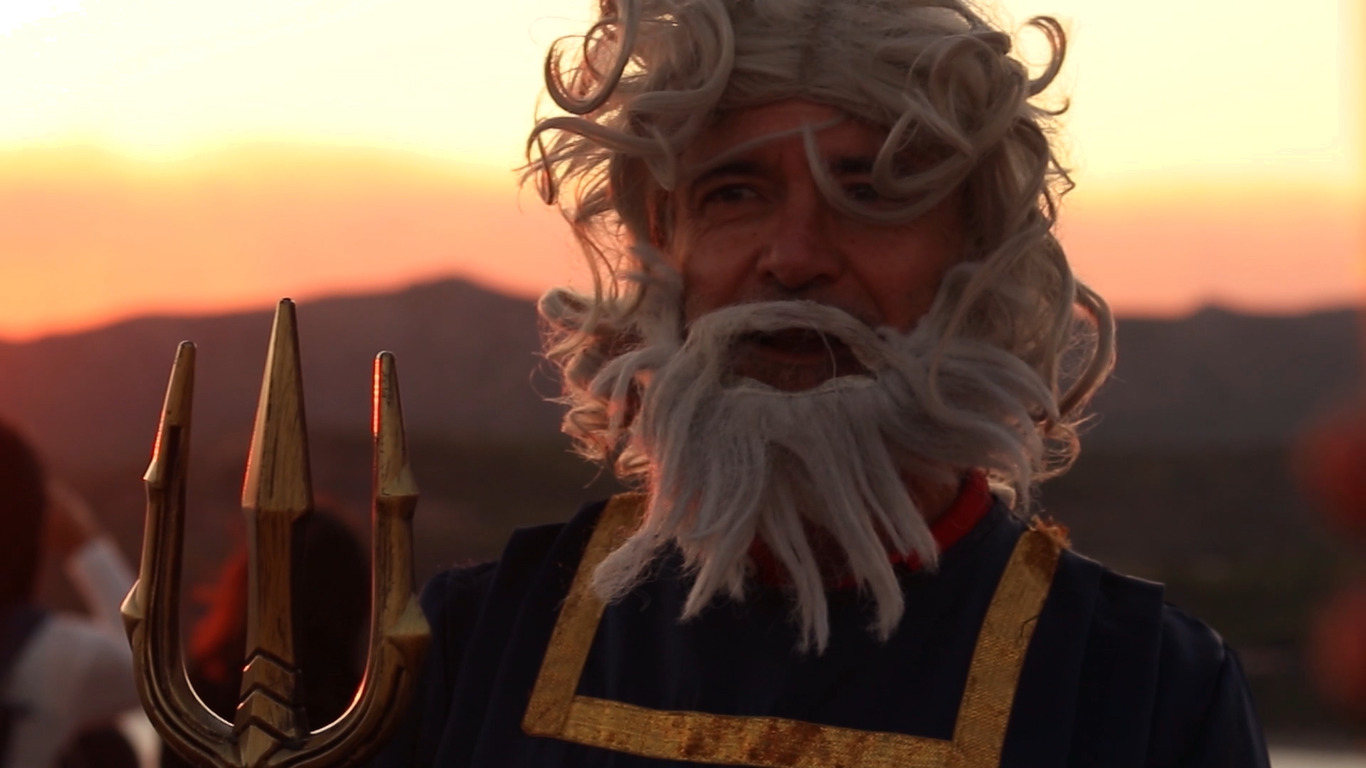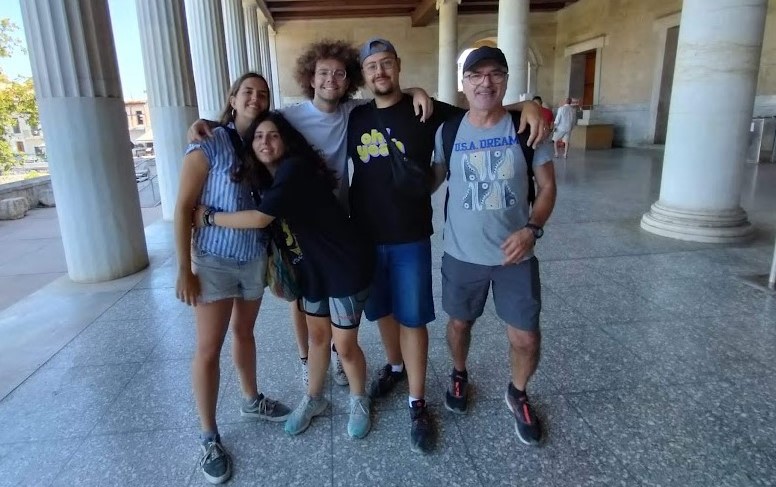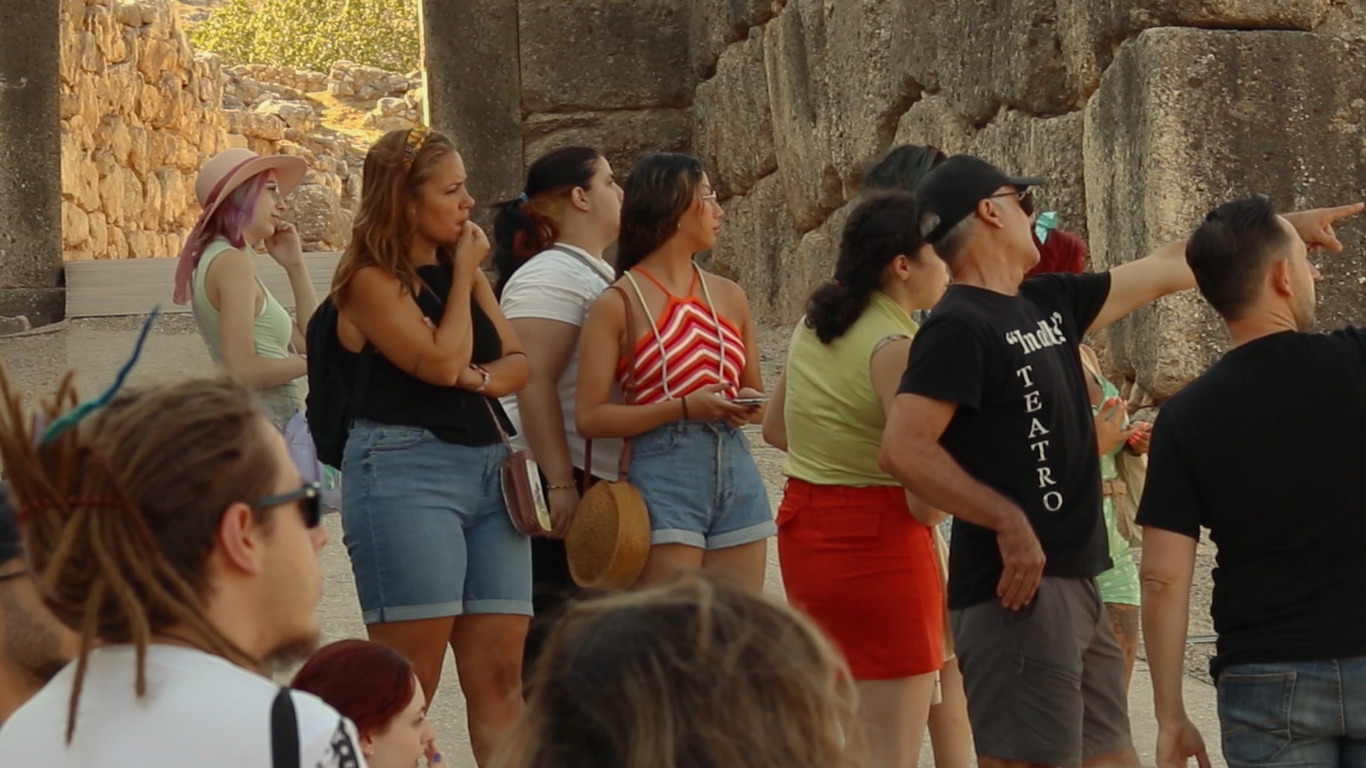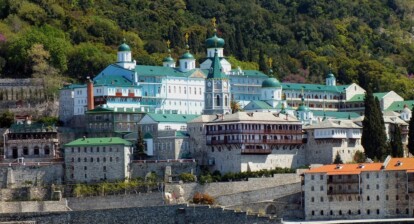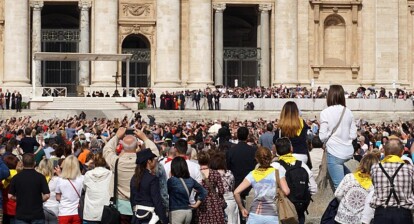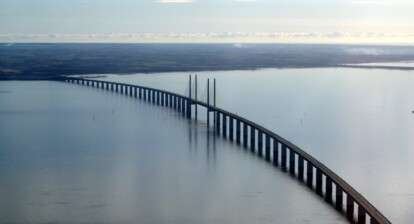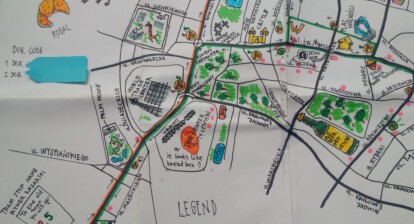After years of hard work, the classical theatre group In Albis Teatro finally saw its dream come true. The high school theatre group, based in the southern Spanish town of Morón de la Frontera, invited its members to a trip to Greece. With its director retiring, the group’s uncertain future made these days in Athens and Nafplio even more meaningful. Eva from Spain, actress of the group and literature student, told us how it felt to finally see the homeland of the characters they play and admire.
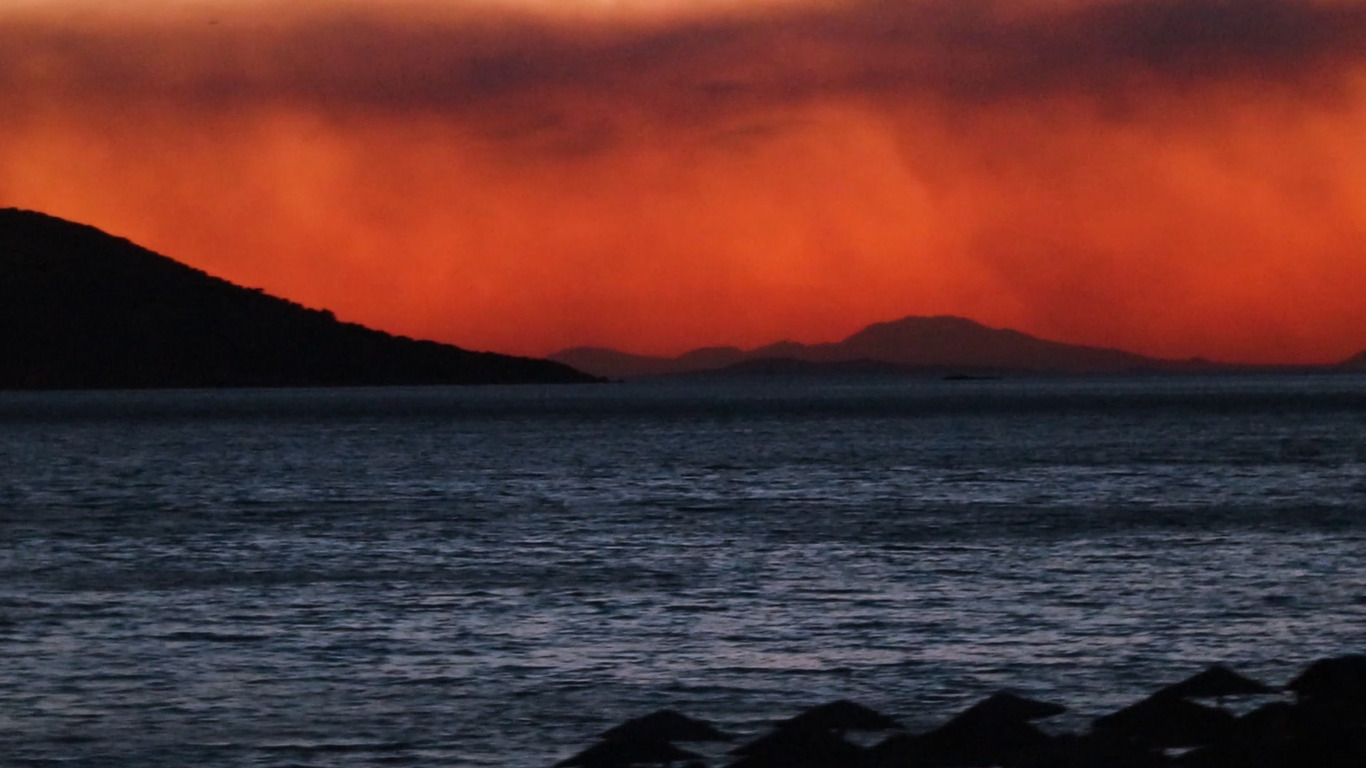
We knew it even before we arrived. One can recognize what lingers, what is always there, just like one recognizes one’s own toothbrush. We knew it because we had been waiting for it: the Lions Gate, the Mask of Agamemnon, the Agora, the Parthenon, the Aegean Sea. Even if we had just heard about it, we could all feel the ancient history linked to the Gods’ fury.
More Than a High School Club
We had encountered the Greek and Latin world through adapted texts, persistent sentences, mythology courses and live plays. It was all thanks to our Humanities teacher: We were around fifteen students, playing the most faithful version of thousands-of-years old literature pieces. Their spirits lingered upon us as we became one with their characters: the massacred Trojans from The Odyssey, the sophists from Clouds or the vengeful children from Antigone.
In Albis Teatro was created as an educational project around 20 years ago. Its objective: Let teenagers become familiar with ancient history. Throughout the years, it became much more than a simple high school extracurricular activity. Pepe, our director and Latin and Greek teacher, made us dive deep into the ancient world. We were immersed in a giant submarine full of myths, artworks and, of course, literature, for many hours per week. It was even more than just theatre: We learnt to compare its context with our today’s reality.
However, we didn’t take it seriously all the time. Somehow, we knew more about Zeus’ love life than about the Ten Commandments (given how significant Catholicism is in the South of Spain). I like the Greek divinities, to me, they are plural, sympathetic and human.
Moments from In Albis Teatro's trip to Greece (photos: private)
An (Un)known Country
Almost none of us had ever stepped into the Greek land before. Still, as we strolled around the Aegean coast, we imagined Ulysses driven mad by the sirens, or Poseidon’s wrathful power of the sea.
There’s something moving in the act of recognizing that things you dealt with in theory really exist. Identifying a painting in a museum was the only time I ever experienced such catharsis. Greece’s aesthetical plenitude, however, was the closest to a real-life museum I think I’ll ever be in. Hence, at least for me, Greece seemed like a shiny, welcoming corner made of marble and sunlight, just like Pericles wanted to.
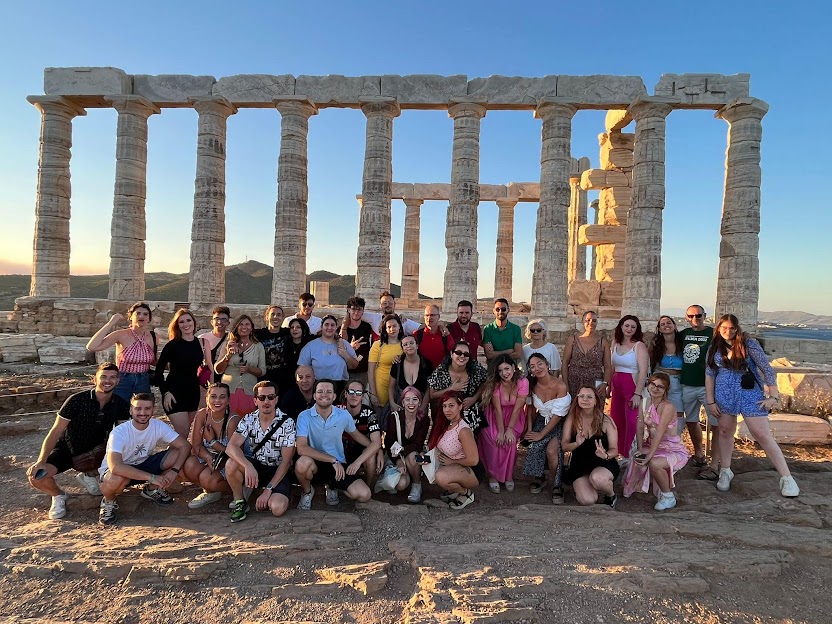
The Duality of Beauty and Tragedy
Greece became significant to us for much more reasons. Besides its temples and sunsets, there were adults and children begging around the streets, drug addiction and architectural decay being tangible. Railways cross the streets that Socrates once stepped on. The graffitis marked almost every building that could be seen, with either drawings or random signatures. Of course, I have seen the abrupt inequalities in my country before. Nevertheless, Greece was installed in my brain as an atemporal concept. A land inhabited by the population both Socrates and Gerald Durrell described. How dreams are made doesn’t always involve the context we face. How come that, in the nation that saw the birth of philosophy, art, maths or music, I was about to get robbed by a kid who was my little brother’s age?
It was in Athens that we fully understood the tragedy. The Greek tragedy is always brutal. What could’ve driven Antiquity’s most powerful city to that decadence? Athens was a city of contrasts: luxury and poverty, ancient art located next to graffitis… One could really notice the influence of European, Mediterranean and even Western Asian culture, just as the intercultural flux was present in the ancient Mesopotamia.
Back to Goodbyes
Greece was like a parallel reflex to the home we had left behind, with its olive trees, blue tones and the Mediterranean Sea. In that scenery, sadness was far away. But not in a long shot. Melancholy is like a big sauce stain in the middle of a white shirt. Even when one tries to cover it, neatness doesn’t forgive; every eye will go to that circle that can’t be erased with napkins.
My family and other animals, the ending of Gerald Durrell’s Corfu trilogy, finishes with a boat trip, a boat trip confirmed by everything good in this life: olive oil, a good accordeon player and a family storing ouzo in the cellar. Nevertheless, the final tone is reflexive. However it wasn’t as excessively heart-wrenching as a knife, it was annoying enough, just like a paper cut in the fingertips. “As the ship drew across the sea and Corfu sank shimmering into the pearly heat haze on the horizon a black depression settled on us, which lasted all the way back to England”. The Greek idyll didn’t mean a break from the Second World War for us, but something much more poetic: we had finally arrived to our Ithaca.
Ithaca
Click on the button to load the content from Genial.ly.
We obeyed good Cavafy, given that our way up there was pretty long – it took six years for us to step on Hellas –, we visited many ports. We brought Pepe, our Poseidon, to rage more than once (actually, it happened endless times). So Greece, at least for me, will always have that bittersweet aftertaste of arriving to the desired place, to the utopic Ithaca, because Cavafy just wanted to warn us that Ithaca, for good or ill, was the end. One gets used to waiting, the cyclops, the hope, but not the endings. You can always search for another Ithaca. But you already know: It will never be the same.

